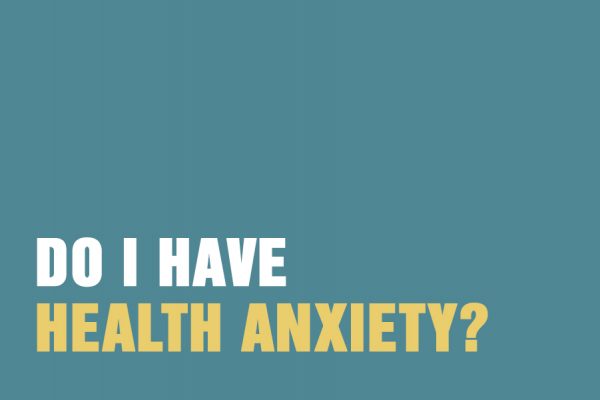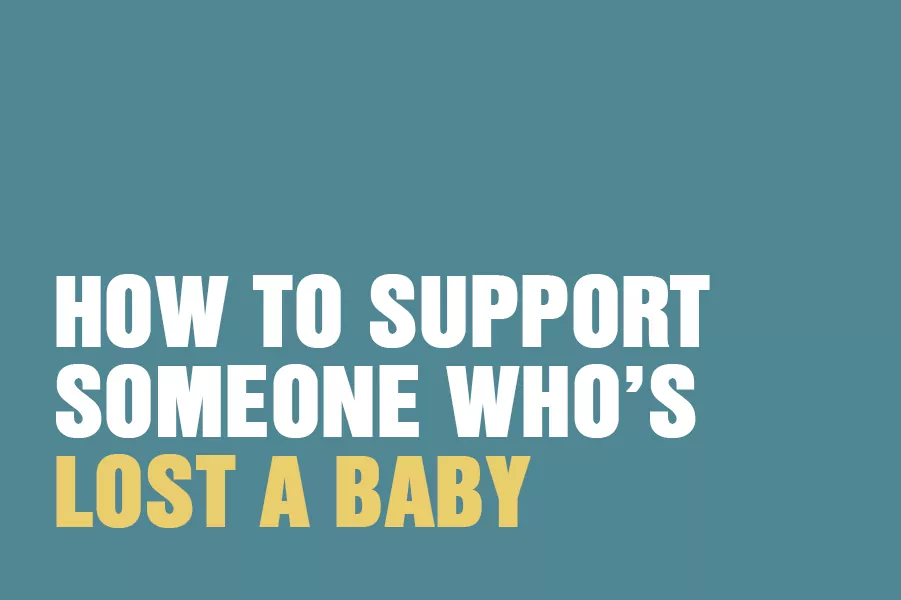There is no doubt that this period of isolation and quarantine has left a path of devastation in its wake. Levels of anxiety have increased for many, depression, loneliness, and pure fear have all escalated. Reports of domestic abuse have risen, as have incidences of abuse against the very medical staff that are working tirelessly to save lives.
However, as we are, hopefully, entering the period of easing ourselves out of quarantine and back to our pre-coronavirus lives, we must ask ourselves; what can we take with us? What have we learnt through this experience?
As Viktor Frankl said;
Everything can be taken from a man but one thing: the last of the human freedoms – to choose one’s attitude in any given set of circumstances, to choose one’s own way.
Routines
Many of us have, for the first times, worked entirely from home, and/or become teachers for our children. In these circumstances, we have likely learnt the importance of having a routine. Whether you have managed to create and sustain a strict routine that dictates and facilitates what you do every hour of the day, or you’ve maintained a weekly routine that allows you to keep track of which day of the week it is, the importance of routines has been established.
If you have been put on furlough or unfortunately made redundant, then you have been presented with the challenge of creating a routine out of thin air.
Having a stable routine has been linked with improved sleep patterns and sleep quality, better time management skills, increased self-discipline, and increased self-understanding.
As mentioned above, having a routine doesn’t have to be as strict as planning out every hour of your day. If that is something that you find helpful, then keep going with that, but a routine can also be a pre-conceived pattern of behaviour. For example, you might know that on Mondays you do some artwork, on Tuesdays you call your brother, on Wednesdays you go to the supermarket, and so on.
The certainty of a routine can help us to manage uncertainty, and having a little bit of structure to our lives can make dealing with any unpredictability that little bit easier.
Habits
Have you picked up any habits during the isolation period that you would like to take forward with you when you ease back into your pre-coronavirus routine? Perhaps you have taken up meditating, journaling, going on a daily walk, or reading a bit more.
You only have to take a quick look at social media to see that many of us have picked up new habits during this period, from a wave of people baking bread and banana loaves to painting, sewing, and running.
Some new habits might be more subtle than others. Perhaps you have been getting more sleep (without having so many after-work drinks parties or late-night conference calls to attend), or maybe you’ve spoken to your grandparents or parents more over the last two months.
It’s worth thinking now, about how you will keep any of these newly acquired habits in your life once you start to go back to work or school.
One of the best ways to make a behaviour a habit is to stack it onto an existing habit. For example, if you get up every evening and turn on the kettle to make a tea on autopilot, then perhaps while the kettle is boiling, this is the time to write in your journal.
Gratitude
During these stressful and unprecedented times, many people have turned to gratitude to keep them going. We have been stripped of so many of the things that we thought made us happy, such as holidays, partying, gym-time and the like. We have also been stripped of so many of the things that truly bring us joy such as hugging our loved ones.
In a time when we are no longer able to distract ourselves with such pursuits, we have become more aware of what is truly important to us, and have learned to appreciate this; loved ones, freedom, health.
We look back on our pre-pandemic lives and we say to ourselves and our loved ones; “I’ll never again take for granted the ability to meet friends for coffee”, “I’ll always appreciate the ability to have a picnic in the park with my kids”, and “I’ll never forget this time and what it has taught me.” but how long will it be before we are back with our eyes glued to our phone screens, cancelling on friends to meet deadlines?
Unless we make a conscious effort to remain grateful and appreciative of the essential things, life is likely to return to its pre-pandemic state of business and superficiality in no time.
Importance of Connection
As can be expected, almost all industries took a massive hit to their share prices due to the pandemic; high street shops, restaurants, cafes, pubs, theatres, and cinemas have all had to close their doors indefinitely. But three industries that have managed to not only survive but increase their shares are telecommunications, gaming, and food delivery services.
As soon as we were asked to stay indoors, most people signed up to some kind of online video conferencing platform almost immediately. Companies invested in such software and many businesses and schools moved entirely online within a matter of days.
Even the gaming industry, which enables real-time communication, immediately allowed players to play across platforms (dropping the popular marketing tool of only allowing players to connect online if they were using the same console). Even the World Health Organisation has supported the idea that online gaming is a healthy means of physical distancing while maintaining social connection.
Almost immediately, our schedules were filled with weekly conference calls with family members, different groups of friends, virtual pub quizzes, and regular virtual coffee dates. For some, our diaries have more social events in them than pre-coronavirus.
Importance of Mental Health
Finally, a major focus over the last few months has been our own, and others’ mental health and wellbeing.
Being unable to carry out many of our usual behaviours has meant that, for many, our usual coping strategies for stress and anxiety are no longer viable. For example, many people distract themselves from their own mental health by keeping themselves so busy with external projects that their mind has no time to focus inwards.
With many distractions being taken away, we are suddenly faced with ourselves and no idea how to cope. For many people, the speed of their lives pre-pandemic was so fast-paced that the idea of slowing down was abhorrent, and suddenly they have been brought to a standstill.
Many of us were aware of the impact of isolation and loneliness on mental health, but we were so preoccupied with our busy lives that we didn’t give it much thought, or we reasoned that we would call our elderly grandparent as soon as things quietened down. Suddenly we are the ones that are isolated and don’t know what to do with ourselves.
What are some of the things that you have learned through this period of quarantine?
If you feel that you would like some professional emotional support during these unprecedented times and as we ease back into normality, please contact us on 020 8673 4545 to talk to one of our lovely Front of House team or email [email protected]. We have telephone and online video appointments seven days a week, with low-cost options as well.








